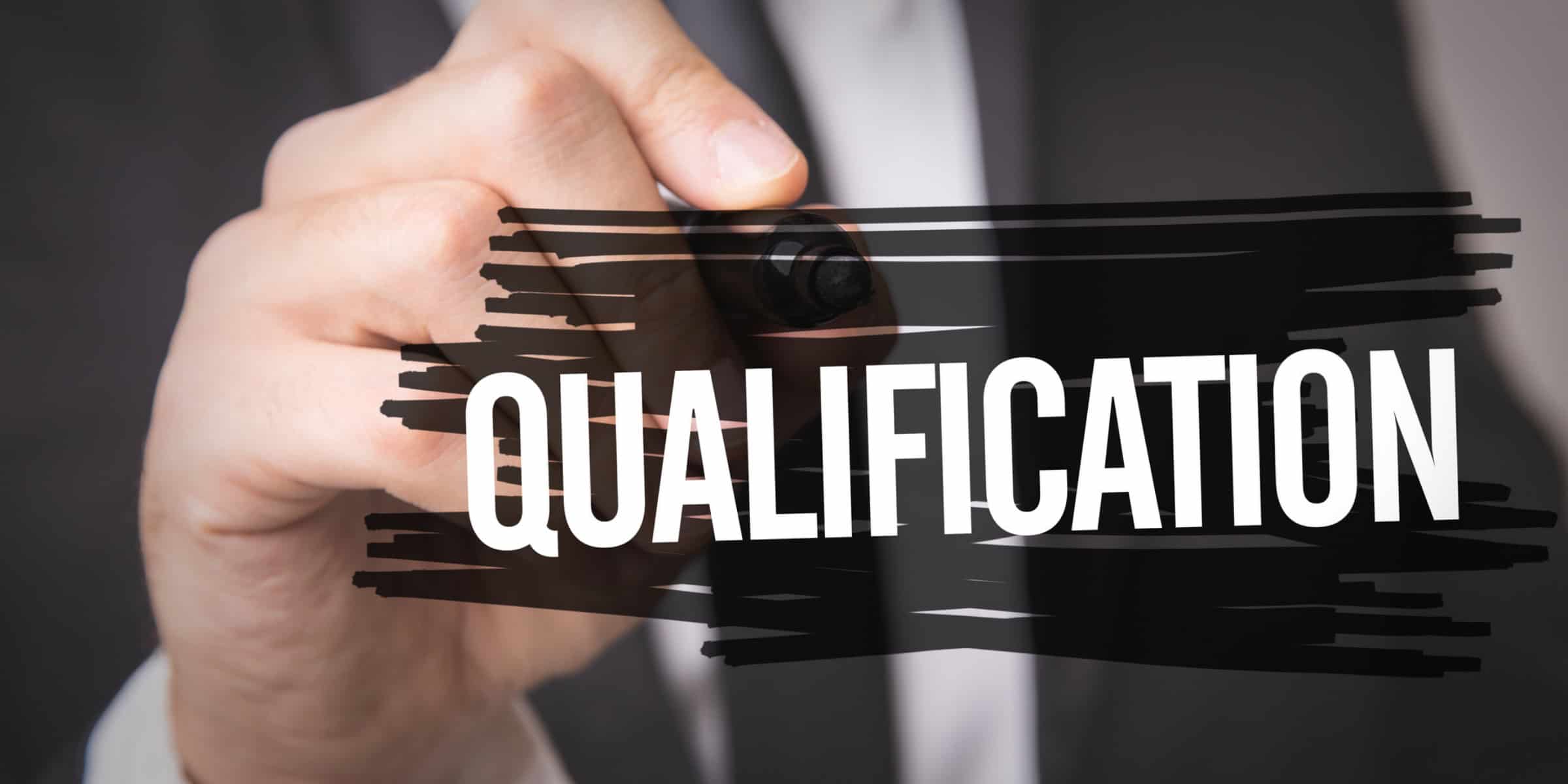You’re thinking, ‘I’ve managed change before, why do I need specific qualifications?’
Well, in today’s fast-paced business world, you can’t just wing it. You’ve got to know the ins and outs of change management.
From understanding the basics, to mastering communication and negotiation skills, each qualification is crucial.
So, let’s get you ahead of the game, equipping you with the essential qualifications to thrive as a freelance change manager.
Key Takeaways
- Bachelor’s degree in business administration, management, or related field
- Certifications in project management, business analysis, or change management
- Real-world experience in managing change initiatives
- Effective communication and negotiation skills are essential qualifications
Understanding Change Management Basics
To excel as a freelance change manager, you must first grasp the basic principles of change management. It’s not just about managing the change itself, but rather, understanding the process and how to navigate through it effectively. Your success hinges on your ability to strategize, analyze, and implement various change management models. You’re not merely applying a method; you’re adapting it to fit the unique needs of the organization you’re working with.
Identifying barriers to change is a crucial part of your job. You can’t control what you can’t see, so you need to be vigilant, always on the lookout for potential roadblocks that could derail the change process. This could be anything from resistance among staff, to outdated systems, to a lack of resources. Once you’ve identified these barriers, you can then devise a plan to overcome them.
In this role, you’re not just a manager, but a visionary strategist. You’re the person who sees the big picture, anticipates challenges, and devises solutions. Your analytical skills and strategic mindset are your greatest assets. By mastering these basics, you’re setting yourself up for success as a freelance change manager.
Necessary Educational Background
In terms of your educational background, you’ll need at least a bachelor’s degree in business administration, management, or a related field to start your journey as a freelance change manager. This foundation will equip you with the necessary theoretical frameworks and strategic thinking skills vital in navigating the complexities of organizational change.
However, degree alternatives are worth exploring. Certifications in project management, business analysis, or change management can supplement or even replace a traditional degree. These certifications, usually industry-recognized, offer a targeted approach to learning and demonstrate your commitment to the profession.
Real-world experience is another crucial element. It’s one thing to understand the principles of change management; it’s another to put them into practice. Hands-on experience in managing change initiatives, even on a smaller scale, can significantly bolster your credentials.
Importance of Certification Programs
As a freelance change manager, you must consider the value of certification programs. They offer clear benefits that can enhance your competency and credibility in the field.
Choosing the right program is a strategic move in your career development, so let’s explore this further.
Understanding Certification Programs
You’ll need to brush up on the importance of certification programs in your journey to become a successful freelance change manager. Program accreditation isn’t just a fancy title; it’s a testament to your expertise, a mark of credibility that clients look for. It’s strategic to choose accredited programs as they adhere to set standards and offer up-to-date industry knowledge.
Certification renewal is another crucial aspect. It’s not enough to earn a certification once. You must commit to ongoing education to stay on top of trends and maintain your certification status. This shows potential clients your dedication to excellence and your ability to manage change effectively.
Certification Programs Benefits
While it might seem like a tedious process, obtaining a certification can significantly boost your reputation and opportunities as a freelance change manager. This certificate serves as a mark of your commitment to Continuing Education and high standards of professionalism. It’s more than just a piece of paper; it’s a testament to your capabilities.
Program Evaluation becomes easier when you’re armed with a certification. It allows clients to quickly assess your skills, thus increasing your credibility. Additionally, it paves the way for more strategic opportunities, positioning you as a trusted expert in the field.
Choosing Right Program
In the realm of certification programs, choosing the right one is critical for your success as a freelance change manager. The importance of Program Selection can’t be overstated. This decision should be strategic, based on your skills, experiences, and your unique freelancer suitability.
Not all programs are created equal; some offer comprehensive training while others offer a more niche focus. Analyze the curriculum, the credibility of the certifying body, and the program’s relevance to your career goals.
Developing Leadership Skills
As a freelance change manager, it’s crucial for you to cultivate robust leadership skills. Understanding various leadership styles and knowing how to effectively motivate a team are key components of this development process.
Different leadership styles serve different purposes and it’s essential to be adaptable. Consider this table as a guide:
| Leadership Style | When to Use | Benefit |
|---|---|---|
| Autocratic | Tight deadlines | Quick decisions |
| Democratic | Building consensus | Team buy-in |
| Laissez-faire | Experienced team | Fosters innovation |
Using the right leadership style at the right time enables you to maintain control while fostering a thriving team environment.
Team motivation is as important as the leadership style. Understand what drives each team member and tailor your approach accordingly. It’s all about leveraging their strengths and addressing their weaknesses with strategic, targeted encouragement. Your ability to motivate can determine the success or failure of a project.
In short, developing leadership skills is more than wielding authority. It’s about adaptability, strategic decision-making, and fostering motivation. This strategic approach will ensure that you have the control you desire, leading your team to successful outcomes.
Proficiency in Project Management
You’ll need to master project management skills to excel as a freelance change manager. This proficiency isn’t merely about juggling tasks and timelines; it’s also about strategic planning, risk assessment, and stakeholder engagement.
Strategically, you’ll have to design, implement, and monitor project plans that align with your clients’ business objectives. This means you’ve got to break down complex strategies into manageable, actionable tasks. You’ll need to be adept at managing resources, coordinating teams, and keeping projects on track to deliver results within the set timeframe and budget.
Risk assessment is another crucial aspect. Accurately identifying potential risks and developing mitigation strategies can prevent project derailment. You’ll have to foresee issues, assess their impact, and devise contingencies to maintain control over the project’s trajectory.
Stakeholder engagement is integral too. As a change manager, you’ll need to communicate effectively with all stakeholders, managing their expectations and addressing their concerns. It’s about fostering buy-in and facilitating collaboration to ensure project success.
Mastering Communication and Negotiation
As you navigate the world of freelance change management, your communication skills need to be top-notch. It’s not just about conveying ideas clearly, but also about understanding other people’s viewpoints and finding common ground.
Let’s explore how honing these communication skills, coupled with mastering negotiation tactics, can bolster your success in this field.
Effective Communication Skills
Though it might seem obvious, you can’t underestimate the importance of mastering communication and negotiation, as it’s a critical skill for successful freelance change managers.
Overcoming communication barriers in freelancing demands strategic adaptations to your communication style. You’ve got to be versatile, adjusting your approach based on the situation, the client, and the specific change you’re managing. This isn’t about manipulation; it’s about understanding and meeting needs effectively.
Your strategic negotiation skills are equally important. These aren’t just about compromise, but identifying win-win scenarios that build trust and respect. Skilled negotiation can prevent conflicts, save resources, and foster long-term relationships.
In freelancing, your success hinges significantly on your ability to communicate and negotiate effectively.
Negotiation Tactics Mastery
Mastering negotiation tactics is another essential qualification you need, forming a critical part of your communication toolkit. This mastery not only enhances your effectiveness in achieving desired results but also optimizes conflict resolution strategies and power dynamics understanding.
Consider the table below:
| Negotiation Skills | Benefits |
|---|---|
| Active Listening | Enables better understanding of issues and parties involved |
| Effective Questioning | Uncovers hidden interests and motivates collaborative solutions |
| Conflict Resolution | Resolves disagreements and fosters harmonious relationships |
| Power Dynamics Understanding | Helps in strategizing negotiation approaches |
| Compromise and Agreement Building | Ensures mutually beneficial results |
These skills are pivotal in managing change. They allow you to navigate disagreements, leverage power dynamics, and construct impactful solutions. With these at your disposal, you’re poised to be a successful freelance change manager.
Cultivating Emotional Intelligence
You’ll need to develop a high degree of emotional intelligence, one of the five critical skills for successful freelance change managers. This crucial qualification involves two key areas: emotional resilience building and empathy cultivation.
Emotional resilience enables you to withstand pressure and bounce back from setbacks. It’s essential to remain calm and composed, particularly in times of change where tensions can run high.
Empathy cultivation, on the other hand, allows you to understand and share the feelings of others. You’ll need to tune into your team’s emotions and respond appropriately to ensure smooth transitions.
To enhance these abilities, consider these strategies:
- Practice self-awareness: Understand your own feelings and how they impact your actions. This foundation will make it easier to navigate others’ emotions.
- Develop coping mechanisms: Learn techniques to manage stress and maintain composure in challenging situations. This will bolster your emotional resilience.
- Engage in active listening: Pay close attention to the needs and feelings of others. This practice is key to cultivating empathy.
What Qualifications Are Needed to Become a Freelance Change Manager?
To become a successful freelance change manager, several essential freelance change skills are required. These include strong communication abilities, leadership qualities, project management experience, and a thorough understanding of organizational change processes. Additionally, having a relevant degree or certification in change management can also be beneficial.
Final Thoughts
In conclusion, being a successful freelance change manager isn’t simply about ticking off qualifications. Yes, proper education, certifications, leadership and project management skills are crucial.
So are communication, negotiation, and emotional intelligence. But the real key lies in blending these skills strategically, demonstrating a holistic understanding of change management.
It’s not just a theory, it’s a proven fact. So gear up, refine these skills, and you’ll be well on your way to becoming an exceptional change manager.





